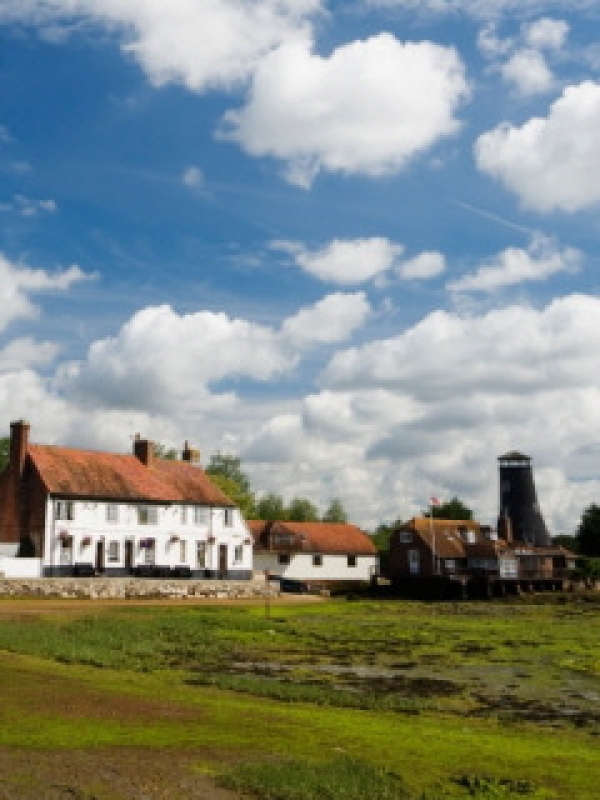T: 01822 851370 E: [email protected]
Bookings are now officially open for the National Rural Conference 2025, which will take place online from Monday 15 to Thursday 18 September.
This is the Rural Services Network’s flagship event of the year, bringing together rural decision-makers, practitioners, and advocates for four days of live, interactive sessions focused on the future of rural communities.
Click here to book!
Summary of Recycling Performance Recycling Performance Sept 2012...
Rural bus services will be lost if government funding is cut in next month's spending round, campaigners have warned. One in seven bus journeys would be lost by cutting the main support for buses, said the Campaign for...
THE BBC Trust has appointed Heather Hancock to examine the impartiality of the broadcaster's rural coverage. The review, announced by the trust in March, will cover news, current affairs and factual programmes on BBC network, national, regional and...
RURAL youngsters are at a much higher risk behind the wheel than their urban counterparts, reveals a study. Rural young drivers are 44% more likely to be involved in an injury-causing collision, it found. The study was...
RURAL residents have more savings than their urban neighbours, reveal the latest figures. Measured across all regions of England and Wales, the average rural savings balance is £9,435 – some 17% higher than the urban balance of £8,060....
ENGLAND'S National Parks are worth as much as the UK aerospace industry to the economy, says a report. National parks are thriving rural economies as well as iconic landscapes and part of the national identity, says the study....
THE deadline has been extended for applications to the government's £20m Rural Community Broadband Fund. Rural communities have just under a month to get their applications in for the final round of the fund. The deadline for...
BUSINESSES across Wiltshire and Swindon can bid for funding through a rural grants scheme. The rural economy grants scheme, run by Wiltshire Council , is open for applications and runs until December 2014. The scheme aims to...
MORE should be done to promote rural tourism, the government has been told. The Country Land and Business Association said the government needed to work more closely with the tourism industry to boost visitor numbers in England and...
A RURAL advice service has secured a major funding package worth almost £350,000. The Rural Cambs Citizens' Advice Bureau provides frontline welfare advice to residents of Fenland and East Cambridgeshire. It has been awarded £345,162 under a...
NEWSLETTER
Sign up to receive all our latest news and updates.
HOT TOPICS
Amid reduced public spending, fair resource allocation across regions is crucial. Despite a population larger than Greater London, rural areas receive significantly less funding for essential services, even though delivering these services in rural areas is more expensive.
Economic growth is widely acknowledged as essential for national wealth and prosperity and is a priority for political parties. Rural economies, employing millions and home to a higher proportion of small businesses, have potential for growth if barriers are removed.
Rural residents face distinct healthcare challenges, including limited access to transport, longer distances to medical facilities, an aging demographic, housing inadequacies, digital connectivity gaps, and difficulties recruiting health and care workers.
Rural communities are grappling with a severe affordable housing crisis, marked by high house prices, a lack of affordable housing, elevated living costs, and lower incomes, threatening their sustainability and vitality.
Transport is vital for the quality of life and economic health of rural areas, yet it faces challenges such as infrequent public bus services and less Government funding compared to urban regions.
Rural areas, encompassing a substantial portion of England's population and land, play a pivotal role in combating climate change and achieving the net zero target.
In an increasingly digital world, the lack of robust digital infrastructure in rural areas severely limits access to crucial services and stifles economic growth.
A future-focused vision for rural communities involves not just building the right homes in the right places but also ensuring thriving, sustainable communities.
SIGN UP TO OUR NEWSLETTER
Sign up to our newsletter to receive all the latest news and updates.













